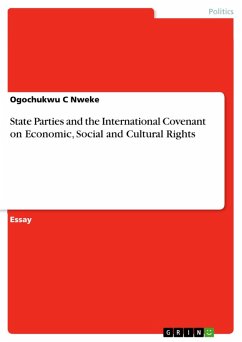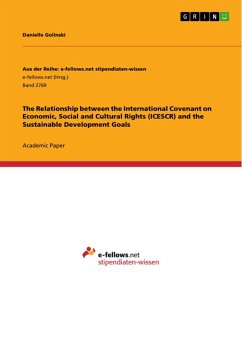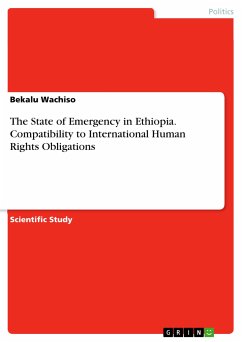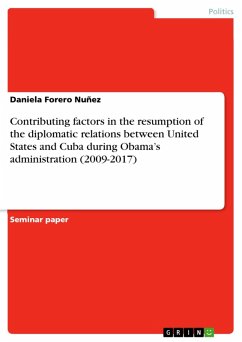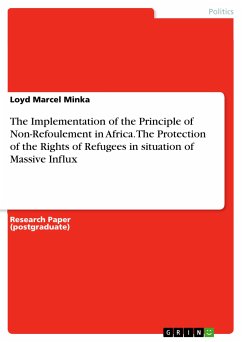Essay from the year 2020 in the subject Politics - International Politics - Topic: Public International Law and Human Rights, grade: 2.00, University of Zambia, course: International Human Rights Law, language: English, abstract: The text takes a look at the International Covenant on Economic, Social and Cultural Rights (ICESCR) which came into effect in 1976, and the responsibilities that rest on the shoulders of the State-signatories to see to it through the adoption of effective legislative and administrative measures, that the spirit and intention of the covenant are achieved to the latter, in the interest of the preservation of the economic, social and cultural rights of not just citizens of the states, but also non-citizens who find themselves within the territory of the state, notwithstanding their race, colour, sex, language, religion, political or other opinion, national or social origin, property, birth or other status. Various articles of the Covenant are considered in this quest with particular focus on how they have been or should be applied in fulfillment of the spirit of the covenant. The covenant was also juxtaposed with other statutes which have bearing to issues of international human rights and international law, to see how they relate or partner to protect the subjects of the covenant. The guarantee of Economic, Social and Cultural Rights by the state-signatories is very important to the achievement of the tenets human rights, and many scholars agree with this position. It is thus important that the activities of the states are assessed in order to shed light on various measures which can be adopted in order to make the covenant as dependable as possible and practicable, especially as the states try as well, to preserve their sovereignty, while doing their best to honour the articles of the ICESCR.
Dieser Download kann aus rechtlichen Gründen nur mit Rechnungsadresse in A, B, BG, CY, CZ, D, DK, EW, E, FIN, F, GR, HR, H, IRL, I, LT, L, LR, M, NL, PL, P, R, S, SLO, SK ausgeliefert werden.

